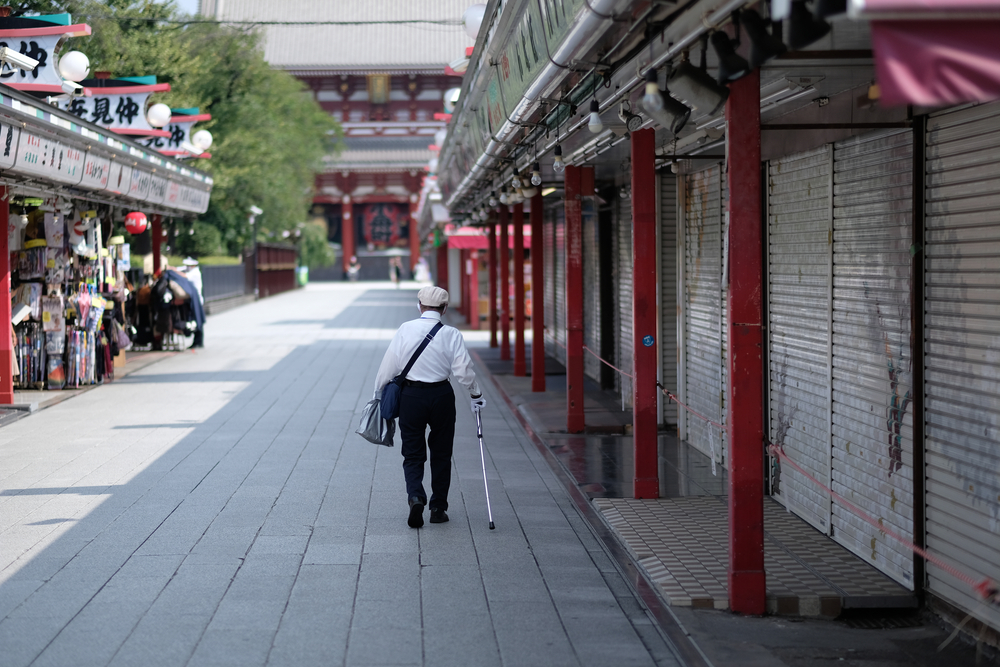Japan’s ageing population spurs military transformation and economic expansion in Vietnam
The situation fuels the expansion amidst the way it challenges geopolitical stability

The effects of ageing populations on geopolitical stability are partially explained by Geriatric Peace Theory in the Harvard International Review, which predicts that ageing societies will require more young workers to sustain the social safety net. Yet, Japan appears to be an exception, and its military rearmament in the face of the rise of China in the region complicates Japan’s foreign policy stances.
However, contrary to conventional wisdom, Japan’s ageing population does not necessarily mean the country is in terminal decline. Instead, it is transitioning to a more high-technology, low-personnel military and developing deeper regional ties with allies to stabilise the regional balance of power.
According to Vietnam Investment Review, Sumitomo Mitsui Banking Corporation (SMBC) has acquired a 16.73 percent stake in Vietnamese lender VPBank for around JPY206.82 billion (USD1.5 billion), enabling SMBC to expand its operations in Vietnam and fund significant projects in the country. With this strategic investment, VPBank became the second-biggest bank in Vietnam by equity.
Related: Northern exposure: Niseko’s flourishing real estate attracts investors
Separately, Kredivo Holdings has raised JPY37.22 billion in equity financing in a significantly oversubscribed round led by Japanese bank Mizuho Bank, and also partnered with other firms to provide buy now, pay later products for Vietnamese customers. Other Japanese banks, including MUFG Bank, are also signalling ambitions to ramp up their footprints in Southeast Asia.
Vietnam Briefing reported Japanese retail companies are expanding their presence in Vietnam, despite many other retailers pulling back amid global economic uncertainty. According to a recent survey by the Japan External Trade Organization (JETRO), 60 percent of Japanese enterprises operating in Vietnam plan to expand their businesses in the country in the next one to two years.
This is despite weak purchasing power and the deserted state of many shopping centres. Japanese firms such as AEON, BRG Retail, Takashimaya, Family Mart, MiniStop, 7-Eleven, Uniqlo and MUJI Vietnam are expanding in Vietnam due to its growing economy, the high quality of Japanese goods and operating in a unique niche.
The Property Report editors wrote this article. For more information, email: [email protected].
Recommended
Why everyone is moving to Selangor and Johor: Malaysia’s real estate comeback
Malaysia’s upturn in fortunes is especially prevalent in secondary destinations such as Selangor and Johor
Penang’s silicon boom: How the US-China tech war is supercharging local real estate
Penang’s booming semiconductor industry has created ripples within the local real estate sector
New leader, new opportunities: How Hun Manet is shaking up Cambodia’s real estate game
Hun Manet is overseeing decent economic growth and widening access to the country’s real estate market for foreigners
Singapore embraces inclusive housing reforms amid resilient demand
The Lion City’s regulatory strength continues to exert appeal for international investors








